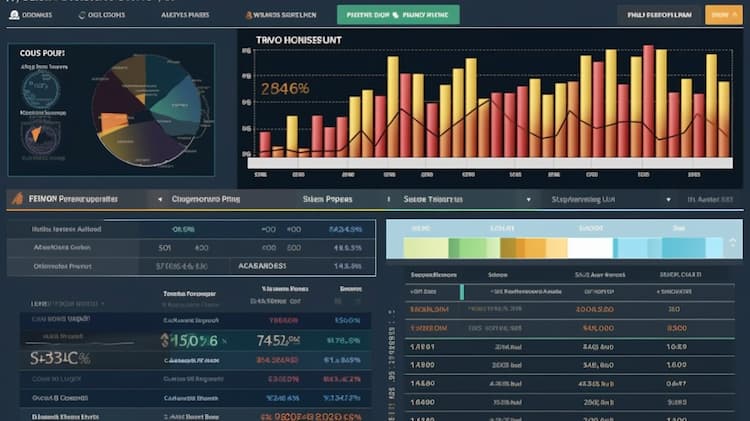
VHT VS IXJ
Exchange-Traded Funds (ETFs) have reshaped the investment landscape, providing investors with diverse exposure to various sectors and asset classes. In this article, we will conduct an in-depth analysis of two prominent ETFs: VHT (Vanguard Health Care ETF) and IXJ (iShares Global Healthcare ETF). Our exploration will encompass essential aspects such as ETF tickers, full names, issuers, sectors, top holdings, capitalization, strategy, tracking methods, and exposure.
VHT Vs IXJ: Overview
VHT and IXJ represent distinct approaches to investing within the healthcare sector. VHT, managed by Vanguard, concentrates on the US healthcare industry, while IXJ, offered by iShares, provides a global perspective. These differing scopes result in varying risk profiles and opportunities, making a comprehensive understanding vital for potential investors.
VHT Vs IXJ: Sectors and Top Holdings
VHT primarily focuses on the US healthcare sector, with its top holdings consisting of well-known companies such as Johnson & Johnson, Pfizer, and UnitedHealth Group. In contrast, IXJ offers a broader exposure, including pharmaceuticals, biotechnology, and healthcare equipment stocks from across the world. Evaluating the sectors and top holdings aids investors in aligning their investment goals with the geographical scope and industries represented by each ETF.
 VHT overlap VHT VS IXJ
VHT overlap VHT VS IXJ
VHT Vs IXJ: Capitalization and Strategy
VHT boasts a substantial asset under management (AUM), indicating its popularity among investors seeking exposure to the US healthcare market. IXJ, with its global approach, offers a strategic mix of healthcare companies from multiple countries. The varying capitalization and strategies between VHT and IXJ can influence potential returns and risk profiles, necessitating careful consideration based on individual investment objectives.
VHT Vs IXJ: Tracking Methods and Exposure
VHT and IXJ employ different methods to achieve their investment objectives. VHT tracks a benchmark index of US healthcare stocks, aiming to mirror the performance of this specific market segment. IXJ, on the other hand, tracks an index that encompasses healthcare stocks from various global regions. Understanding these tracking methods is crucial for investors to gauge the potential correlation with market movements and diversification benefits.
Conclusion
VHT and IXJ offer distinct opportunities for investors interested in the healthcare sector. While VHT provides exposure to the US healthcare industry, IXJ takes a more comprehensive approach by including global healthcare stocks. For those looking to delve deeper into holdings, correlations, overlaps, and other insights within the healthcare sector, utilizing tools like ETF Insider can be invaluable. This user-friendly app facilitates a deeper understanding of these ETFs and other financial instruments, aiding investors in making informed decisions.
Disclaimer: This article is intended solely for informational purposes and does not provide investment advisory services.
Sources:
https://investor.vanguard.com/home VHT ETF issuer
https://investor.vanguard.com/investment-products/etfs/profile/vht VHT ETF official page
VHT quote and analysis
Discover the top holdings, correlations, and overlaps of ETFs using our visualization tool.
Our app allows you to build and track your portfolio.
To learn more about the VHT Vanguard Health Care ETF, access our dedicated page now.
FAQ
Why is VHT better than IXJ?
VHT may be considered better than IXJ for some investors due to its specific focus, offering diversification.
Does IXJ beat VHT?
IXJ's performance relative to VHT will vary over time, depending on market conditions.
Should I invest in VHT or IXJ?
The choice between VHT and IXJ should align with your investment goals, risk tolerance, and desired exposure.
Are VHT and IXJ good investments?
Both VHT and IXJ can be suitable investments depending on individual investment strategies, goals, and risk profiles.
What is the correlation between VHT and IXJ?
The correlation between VHT and IXJ can vary over time, reflecting differences in performance.









